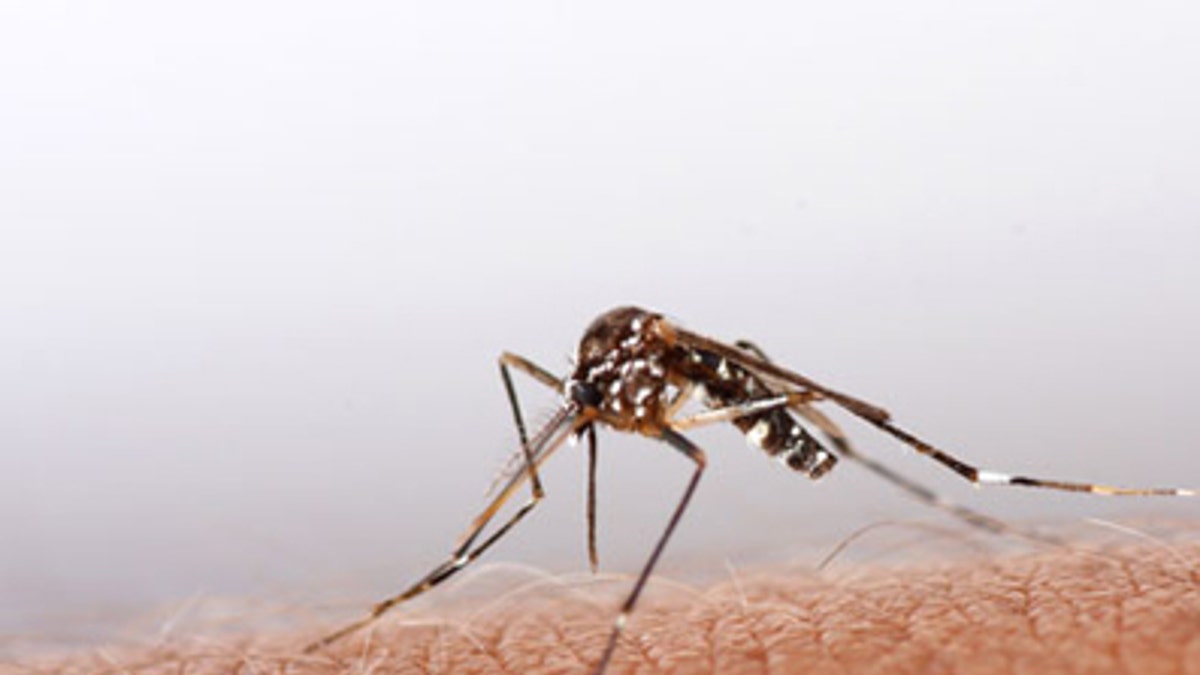
In the first open-air trial of its type, an army of lab-made mosquitoes carrying a "death gene" managed to wipe out most of a test population of native mosquitoes on a Caribbean island, a novel but potentially risky technique for fighting tropical diseases such as dengue fever.
In the trial, conducted on Grand Cayman island, researchers released 3.3 million male mosquitoes that had been genetically altered in such a way that they were born sterile, meaning they cannot have viable offspring. They mated with females in a small test area and passed on the defect, which killed their progeny at the larval stage. That triggered a population collapse.
"We saw an 80 percent reduction in the target area" compared with the mosquito population in a similar zone where genetically tweaked males had not been released, Luke Alphey, co-founder and chief scientist at Oxitec Ltd., the UK start-up behind the experiment, said in an interview.
The results of that trial have yet to be published. But on Sunday, the same team published details of an earlier stage of their project, showing that the lab-reared male mosquitoes could survive and function in natural surroundings. "We now know that they can mate in competition with wild males" and pass on the death gene, said Alphey. The study appears in the journal Nature Biotechnology.
The release of sterile male insects is a tried-and-tested form of pest control. The US used the technique in the 1960s to vanquish a flesh-eating fly called the screw worm. Sterile males were also used against the tsetse fly in Zanzibar, Tanzania, in the mid-1990s. Each week, scientists use airplanes to drop 300 million to 400 million sterile male Mediterranean flies over the croplands of California.
In those cases, the bugs were sterilized with radiation. That approach does not work against mosquitoes because, unlike in the case of flies, radiation damages the males and hurts their ability to compete for mates. So scientists came up with a more radical idea: conferring sterility by tweaking a mosquito's genetic make-up.
Scientists elsewhere are making progress in applying novel genetic techniques to malaria-carrying mosquitoes, so they either fail to reproduce or do not spread the disease when they bite. Those experiments have not yet been tried comprehensively in the field.
